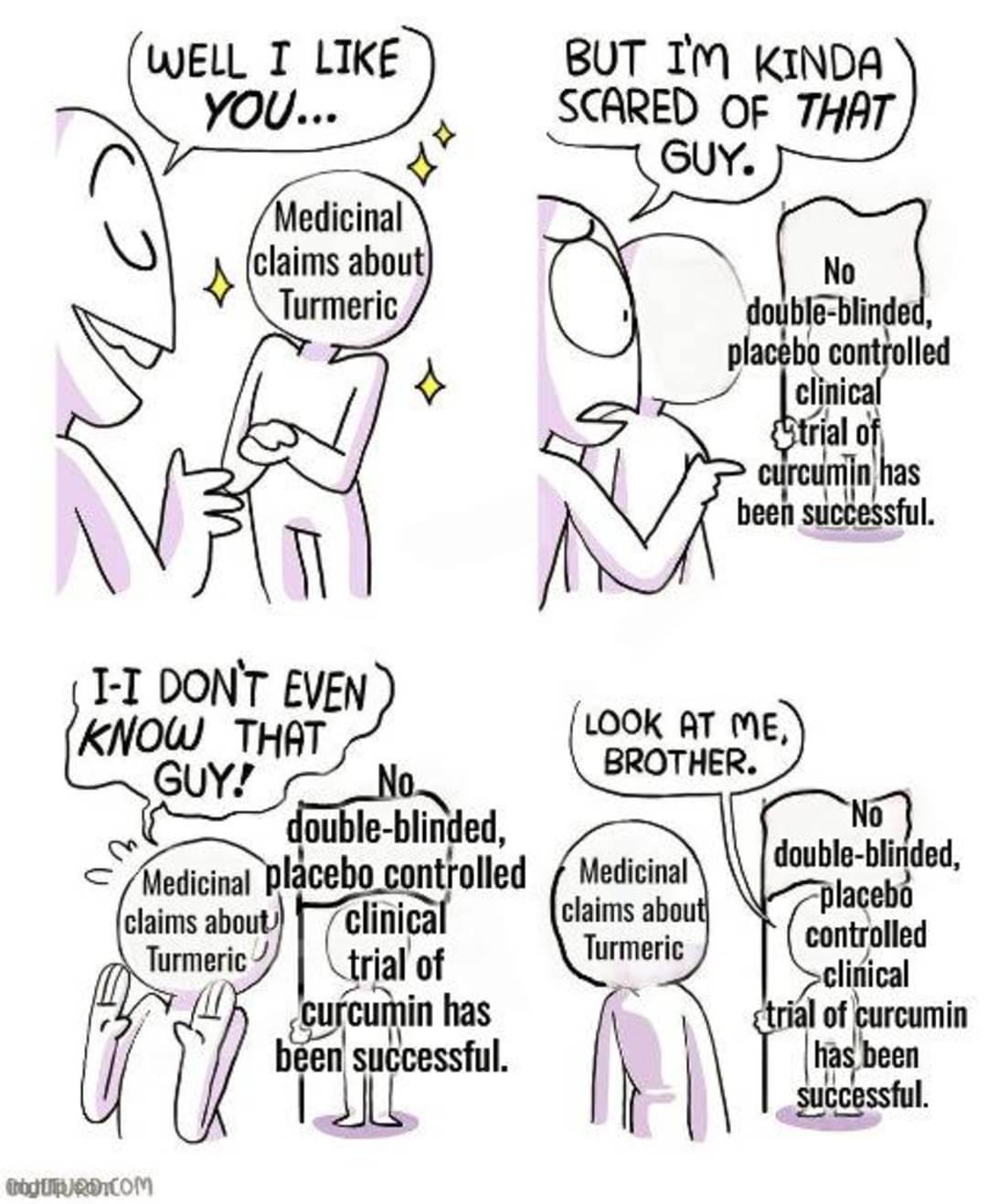this post was submitted on 31 May 2024
417 points (96.6% liked)
Science Memes
11047 readers
2881 users here now
Welcome to c/science_memes @ Mander.xyz!
A place for majestic STEMLORD peacocking, as well as memes about the realities of working in a lab.

Rules
- Don't throw mud. Behave like an intellectual and remember the human.
- Keep it rooted (on topic).
- No spam.
- Infographics welcome, get schooled.
This is a science community. We use the Dawkins definition of meme.
Research Committee
Other Mander Communities
Science and Research
Biology and Life Sciences
- [email protected]
- [email protected]
- [email protected]
- [email protected]
- [email protected]
- [email protected]
- [email protected]
- [email protected]
- [email protected]
- [email protected]
- [email protected]
- [email protected]
- [email protected]
- [email protected]
- [email protected]
- [email protected]
- [email protected]
- [email protected]
- [email protected]
- [email protected]
- [email protected]
- [email protected]
- [email protected]
- [email protected]
- !reptiles and [email protected]
Physical Sciences
- [email protected]
- [email protected]
- [email protected]
- [email protected]
- [email protected]
- [email protected]
- [email protected]
- [email protected]
- [email protected]
Humanities and Social Sciences
Practical and Applied Sciences
- !exercise-and [email protected]
- [email protected]
- !self [email protected]
- [email protected]
- [email protected]
- [email protected]
Memes
Miscellaneous
founded 2 years ago
MODERATORS
you are viewing a single comment's thread
view the rest of the comments
view the rest of the comments

The intro to the Wikipedia article on placebo is quite good. Lots of easily accessible sources often misrepresent the placebo effect. The Wikipedia article does suggest placebo effect improves pain response, but it does say perceived.
If someone says something uses the placebo effect it means it doesn’t work. They may not know that. But a placebo response is our measure for medical treatments that don’t work.
When people say the placebo effect works it’s like a microwave that doesn’t heat food. People hear the ding and tell you the food does feel warmer. The perception is that the broken microwave heats food, but the food isn’t any warmer. We avoid this issue in science by making measurements, but for fields like medicine we often rely on people saying how they feel. This is how the placebo effect corrupts medical studies. People are very unreliable. They also often want to be polite and say they had a positive effect from the treatment. This is doubly so for people that volunteer or buy these types of herbal treatments. They think only idiots would buy or take these things that don’t work, I’m not an idiot so the treatment must be working.